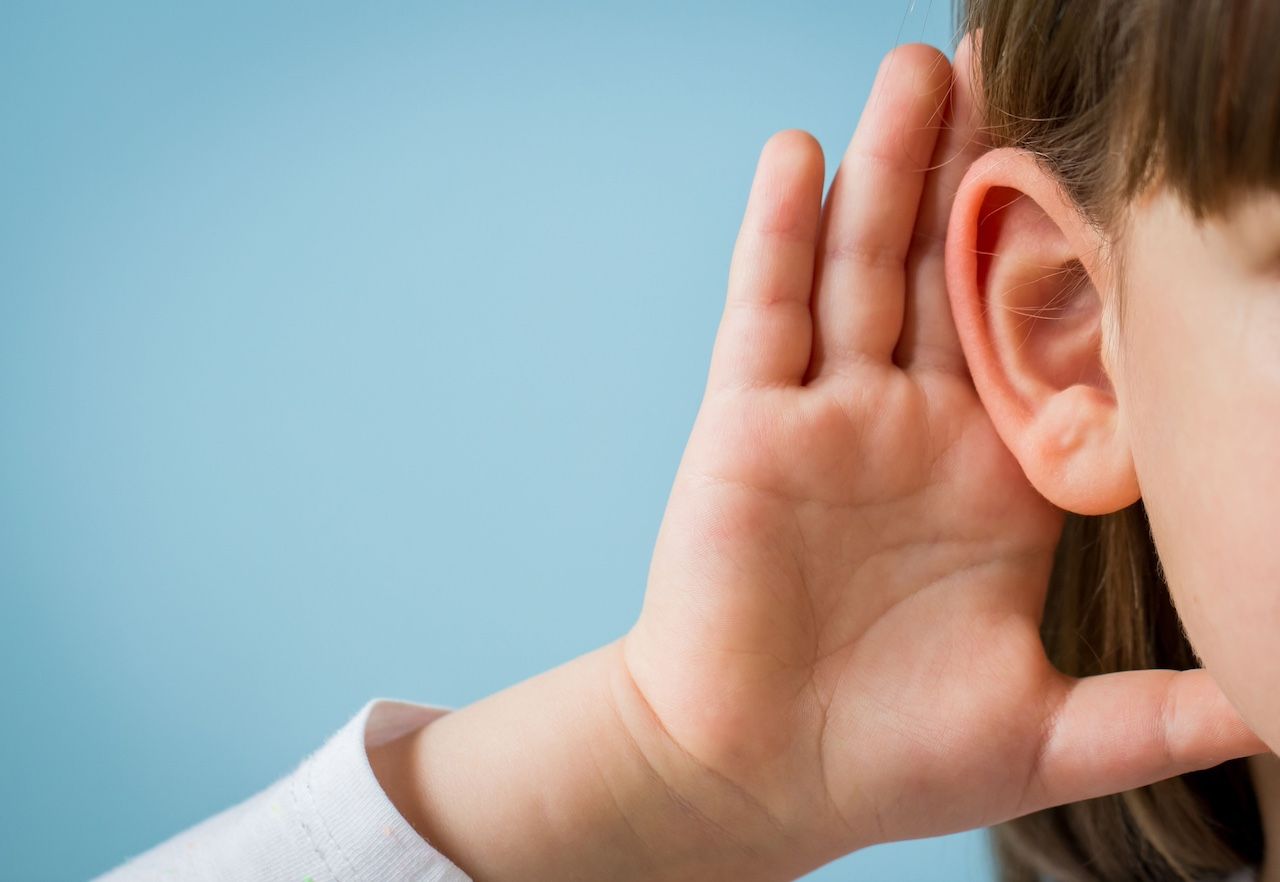Contemporary Pediatrics® first published this article. This version has been lightly edited.
Article highlights:
- Regeneron Pharmaceuticals' otoferlin gene therapy (DB-OTO) shows promising results in a child with genetic hearing loss, demonstrating improved auditory responses in the phase 1/2 CHORD clinical trial.
- The trial, targeting children younger than 2 years with otoferlin mutations, observed enhanced hearing through week 6 post treatment, indicating potential restoration of auditory circuits.
- DB-OTO is a cell-selective gene therapy delivered via cochlear injection, aiming to provide functional hearing to patients with profound congenital hearing loss caused by otoferlin gene mutations.
- Currently, there are no approved pharmacologic treatments for congenital hearing loss, making gene therapy a significant breakthrough in potential treatment options.
- Through the CHORD trial, DB-OTO received orphan drug and rare pediatric disease designations from the FDA in 2021.
Regeneron Pharmaceuticals recently announced that improved auditory responses were demonstrated in a child with profound genetic hearing loss after being the first patient dosed with its investigational otoferlin gene therapy (DB-OTO) in the phase 1/2 CHORD clinical trial.
In the CHORD trial (NCT05788536), the child, who was younger than 2 years, received an intracochlear injection of DB-OTO in 1 ear. Improved auditory responses were observed at planned follow-ups “through week 6 compared to baseline, per auditory brainstem response (ABR) and behavioral (pure tone) audiometry,” Regeneron stated in an October 26, 2023, press release.
ABR is a physiologic measure of hearing sensitivity that is clinically accepted. The child had no hearing sensitivity in both ears, as of the baseline visit for the trial. Through week 6 of treatment, no concerning safety signals were observed.
“The children who are being enrolled in CHORD are often born with profound hearing loss due to mutations in a single gene, otoferlin, which essentially turns off their auditory circuits,” said Manohar Bance, MB, ear surgeon, principal trial investigator, Cambridge University Hospitals NHS Foundation Trust, United Kingdom, in the press release. “Cochlear implants are the current standard of care but are unable to replicate the full complexity and range of sound. With these very preliminary DB-OTO results, we now have encouraging evidence that this gene therapy may be able to help turn these auditory circuits back on. We look forward to following this child and others further to determine if DB-OTO gene therapy can restore clinically meaningful hearing as they are learning to interact with the world.”
Currently, there are no approved pharmacologic treatment options for congenital hearing loss, which affects approximately 1.7 of 1000 children born in the United States. It is ultra rare to have hearing loss caused by mutations of the otoferlin gene. Although it is not common, most permanent congenital hearing loss cases diagnosed in developed countries are sensorineural and are caused by a single gene defect, making gene therapy a potential option for treatment.
The phase 1/2 CHORD trial is a first-in-human, open-label, multicenter trial aiming to evaluate the safety, tolerability, and preliminary efficacy of DB-OTO in pediatric patients (younger than 18 years) with otoferlin mutations.
The trial, which is currently enrolling children in sites across the United States, the United Kingdom, and Spain, has 2 parts. Part A is the initial dose-escalation cohort, where patients receive a single injection in one ear. In Part B, the expansion cohort, enrolled individuals will receive a single injection in both ears at the selected dose from Part A.
The gene therapy is an investigational, cell-selective, adeno-associated virus gene therapy created to provide hearing to those with profound congenital hearing loss because of mutations of the otoferlin gene. DB-OTO’s purpose is to deliver a “working copy of the faulty otoferlin gene using a modified, nonpathogenic virus that is delivered via an injection into the cochlea under general anesthesia (similar to the procedure used for cochlear implantation),” Regeneron stated.
The introduced otoferlin gene is under the control of a proprietary cell specific Myo15 prompter, which is intended to restrict expression only to the cells that normally express otoferlin. The gene therapy received orphan drug and rare pediatric disease designations from the FDA in 2021.
Regeneron notes that the potential use of DB-OTO has not been evaluated by any regulatory authority.
Reference
Regeneron shares preliminary results showing gene therapy improves auditory responses in child with profound genetic hearing loss. News release. Regeneron Pharmaceuticals. October 26, 2023. Accessed October 31, 2023. https://tinyurl.com/57e27sey

